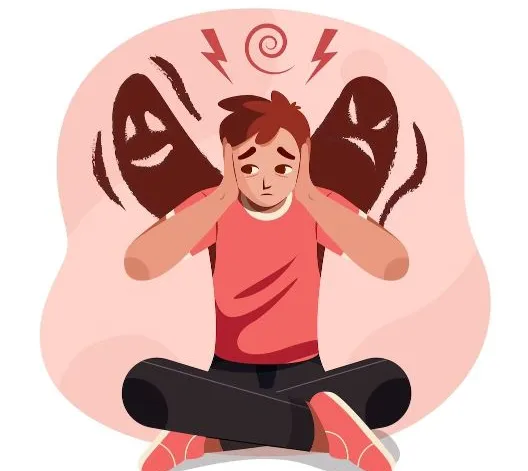Addiction and trauma often go hand in hand, as individuals may turn to substance abuse as a means to cope with the pain and distress caused by past traumatic experiences. However, addressing and healing from trauma is essential for long-term addiction recovery. Trauma-informed care recognizes the deep impact of trauma and provides individuals with the necessary tools and support to navigate their healing journey. In this article, we will explore effective strategies for dealing with trauma in addiction recovery.
- Understand the Connection: Recognize the intricate relationship between trauma and addiction. Understand that addiction may be a way of self-medicating to numb emotional pain, and that healing from trauma is crucial for sustainable recovery.
- Seek Professional Help: Work with a therapist or counselor who specializes in trauma and addiction. They can provide a safe space for you to explore your traumatic experiences, develop coping mechanisms, and address the underlying causes of addiction.
- Practice Self-Care: Engage in self-care practices that promote emotional, physical, and mental well-being. This may include regular exercise, mindfulness techniques, healthy nutrition, adequate sleep, and engaging in activities that bring joy and relaxation.
- Build a Support System: Surround yourself with a strong support system that includes friends, family, and support groups. Share your experiences, fears, and triumphs with individuals who can provide empathy, encouragement, and guidance.
- Explore Trauma-Specific Therapies: Consider trauma-specific therapies, such as Eye Movement Desensitization and Reprocessing (EMDR), Cognitive Processing Therapy (CPT), or Trauma-Focused Cognitive Behavioral Therapy (TF-CBT). These therapies help reprocess traumatic memories, alleviate distressing symptoms, and promote healing.
- Practice Mindfulness and Grounding Techniques: Incorporate mindfulness and grounding techniques into your daily routine. These practices help you stay present, manage overwhelming emotions, and cultivate a sense of calm and stability.
- Engage in Creative Expression: Explore creative outlets, such as art, music, writing, or dance, to express and process your emotions related to trauma. Creative expression can provide a powerful outlet for healing and self-discovery.
- Develop Healthy Coping Mechanisms: Learn healthy coping mechanisms to replace self-destructive behaviors. This may involve journaling, deep breathing exercises, relaxation techniques, or engaging in hobbies that promote emotional well-being.
- Practice Self-Compassion: Be gentle with yourself and practice self-compassion throughout your recovery journey. Understand that healing takes time and that setbacks are a natural part of the process. Celebrate your progress and acknowledge your resilience.
- Connect with Supportive Communities: Seek out communities or organizations that specialize in trauma-informed care and addiction recovery. These communities provide a sense of belonging, understanding, and guidance from individuals who have walked a similar path.
It is important to remember that healing from trauma is a deeply personal and ongoing process. Each individual’s journey is unique, and there is no one-size-fits-all approach. With professional help, a supportive network, and a commitment to self-care, it is possible to heal from trauma and achieve sustainable recovery from addiction.


